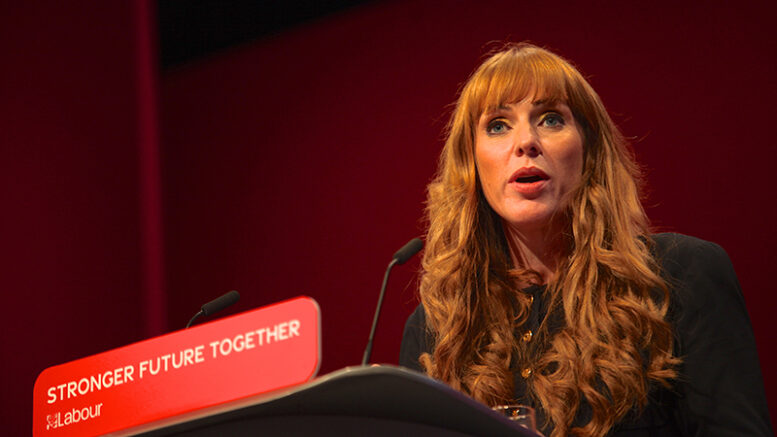Angela Rayner’s hopes of spearheading a transformative housebuilding plan are hanging by a thread, as the Deputy Prime Minister battles for funds to deliver the government’s high-profile pledge of 1.5 million new homes during this Parliament.
The bold target, set by Labour in its housing manifesto, may now be beyond reach without what insiders are calling a “generous settlement” in the upcoming Treasury spending review. But with public finances under strain and the Chancellor committed to keeping overall spending growth at just 1%, the knives are already out behind closed doors.
In a leaked memo obtained by The Telegraph, Housing Secretary Angela Rayner reportedly floated eight possible tax hikes to Chancellor Rachel Reeves in an attempt to stave off further cuts-and keep the homebuilding pledge alive.
Internal panic: ‘We’re going to be squeezed again’
Political journalist Sam Coates lifted the lid on the growing tension during a recent episode of At Sam and Anne’s, a podcast he co-hosts with Politico’s Anne McElvoy. “There is deep concern inside Angela Rayner’s department that they are going to be squeezed again,” he revealed, citing conversations with insiders.
The context is stark. Rachel Reeves’ spring budget capped public spending growth at just 1%, and with the NHS and defence set to take priority, departments like housing are bracing for austerity. “I was told by a senior figure in her department that they will only meet the 1.5 million homes promise if they get a generous settlement in the spending review,” Coates said. “Angela Rayner is facing the prospect of having too little cash to deliver one of the government’s flagship promises.”
The memo, which suggests tax rises rather than cuts to meet housing targets, has reportedly deepened divisions at the top of government-and raised eyebrows among the landlord community, who have long argued that planning reform and local incentives, not taxation, are the key to unlocking supply.
Whitehall whispers: is housing being taken off rayner?
In a twist that could signal deeper political manoeuvring, Anne McElvoy noted “rumours around Whitehall” that housing could soon be removed from Rayner’s sprawling ministerial brief. “It’s a massive brief,” added Coates, “but it would be such a downgrade for Angela Rayner.”
A second leaked memo allegedly recommends stripping housing responsibilities from her department entirely-a sign, perhaps, of internal frustration with the pace and direction of the housing strategy.
At a time when the private rented sector is already strained by tax changes, licensing expansions, and a lack of support, many landlords had cautiously welcomed Labour’s commitment to building new homes. A meaningful increase in housing stock would reduce pressure on rents and ease competition among tenants-benefiting good landlords and renters alike.








